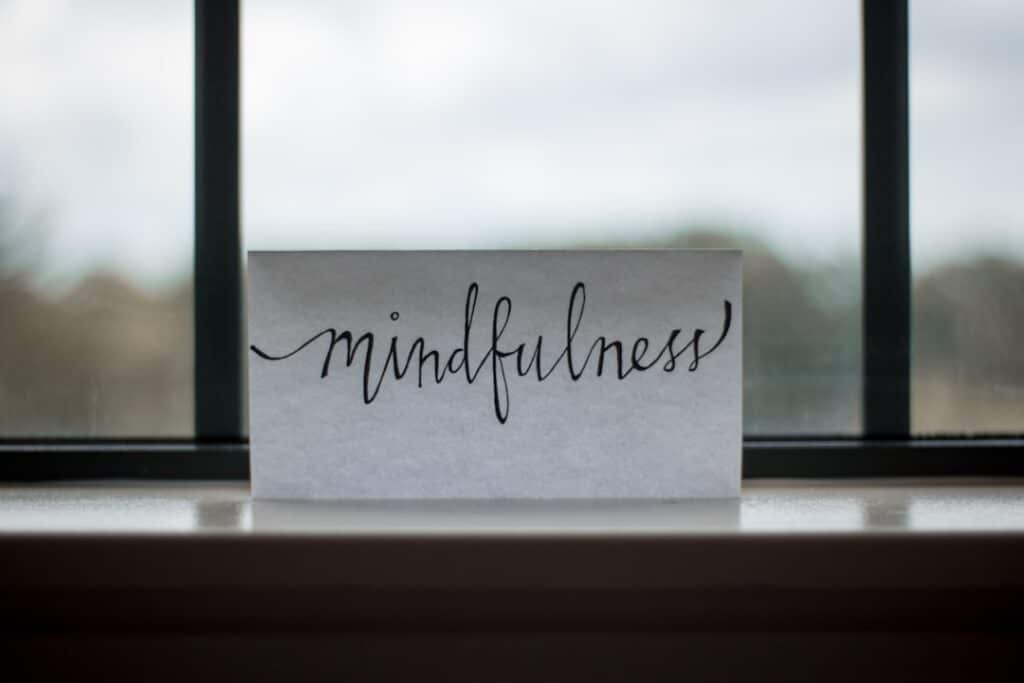This article will delve into the topic of mold toxicity and mycotoxin-related illness, exploring the impact of mold on our bodies and outlining a comprehensive functional medicine protocol for testing and treating these conditions.
Living in a toxic world, we are constantly exposed to various harmful substances that can have a detrimental effect on our health. One such substance is mold, which is ubiquitous in both indoor and outdoor environments.
Mold spores can enter our homes through open doorways, windows, vents, and HVAC systems, and when conditions are moist and damp, they can thrive and multiply.
Understanding Mold Toxicity
Molds are a type of fungi that grow in warm, damp, and humid conditions. While there are tens of thousands of mold species, the most common indoor molds include Cladosporium, Penicillium, Alternaria, and Aspergillus.
These molds have the ability to produce toxic compounds known as mycotoxins, which can disrupt cellular structures and interfere with vital cellular processes in the human body.
Some of the most commonly observed mycotoxins include aflatoxins, ochratoxin A, patulin, fumonisin, zearalenone, and nivalenol/deoxynivalenol.
Contrary to popular belief, toxic molds can come in various colors, including black, brown, green, blue, yellow, and white. Some of the most common toxic molds found in homes are Alternaria, Aspergillus, Chaetomium, Cladosporium, Fusarium, Penicillium, Stachybotrys, and Trichoderma.
Symptoms of Mold Toxicity
Exposure to mold and mycotoxins can lead to a wide range of chronic health issues and troubling symptoms. Mold toxicity can affect nearly every system in the body and may manifest as:
- Difficulties with concentration, brain fog, poor memory, and ADD/ADHD-like symptoms
- Mood swings, depression, and anxiety
- Chronic fatigue and low energy levels
- Sleep disturbances and insomnia
- Digestive symptoms such as nausea, bloating, and diarrhea
- Recurrent migraines and headaches
- Skin issues like eczema, psoriasis, and rashes
- Respiratory problems including coughing, wheezing, and shortness of breath
- Nasal congestion, runny nose, watery eyes, and sore throat
- Muscle weakness, joint pain, and fibromyalgia-like symptoms
- Food sensitivities and digestive issues
It’s important to note that individuals with preexisting respiratory conditions, environmental allergies, or compromised immune systems may be more susceptible to experiencing symptoms from mold toxicity.
Causes of Mold Toxicity
Mold toxicity occurs when the body’s natural detoxification pathways, which include the liver, gastrointestinal tract, kidneys, skin, and lymphatics, are unable to efficiently eliminate mycotoxins. While everyone is exposed to mold spores and mycotoxins, not everyone develops mold-related illness.
Certain factors can increase the risk of mold toxicity, including a family history of allergies or asthma, preexisting respiratory diseases, workplace exposure, living in high-humidity climates with poor ventilation, and genetic predispositions that affect biotoxin detoxification.
Functional Medicine Labs for Mold Toxicity Testing
To identify the type and severity of mycotoxin exposure and assess the function of the body’s detox organs, functional medicine tests can be immensely helpful. These tests provide valuable insights into a patient’s specific situation and guide treatment decisions. Here are some key tests used in the diagnosis of mold toxicity:
1. Mycotoxin Testing
Urine mycotoxin testing is the most effective way to assess recent and chronic mycotoxin exposure. Laboratories such as Vibrant Wellness, Mosaic Diagnostics, and RealTime Labs offer mycotoxin panels that screen for toxic mold exposure.
2. Detoxification Pathways Testing
The body has innate mechanisms for detoxifying and eliminating environmental toxins. The liver, in particular, plays a crucial role in detoxification by converting toxins into water-soluble forms.
Testing the function of the liver and kidneys, as well as conducting a comprehensive stool test and genetic panel, can help identify any deficiencies or dysfunctions in the detoxification pathways.
Functional Medicine Treatment Protocol for Mold Toxicity
Treating mold toxicity requires a comprehensive approach that addresses both the removal of mycotoxin exposure and the support of the body’s natural detoxification processes. Here is a functional medicine treatment protocol that can be used to help patients recover from mold toxicity:
1. Mycotoxin Removal
The first step in the treatment protocol is to identify and remove the source of mold exposure. This may involve repairing leaks, fixing ventilation, removing water-damaged items, and ensuring proper moisture control in the environment.
Professionals should perform mold remediation following guidelines from reputable organizations such as the EPA, ACGIH, IICRC, or others.
2. Detoxification Support
Supporting the body’s detoxification pathways is essential in clearing mycotoxins from the system. This can be achieved through various means, including:
- Activated Charcoal: Acting as a binder in the gut, activated charcoal helps adsorb mycotoxins and prevent their reabsorption into circulation. It is typically taken on an empty stomach twice daily for a duration of three months.
- Glutathione: As the body’s master antioxidant, glutathione plays a crucial role in liver detoxification and the removal of free radicals generated during the detox process. Glutathione supplementation can help replenish depleted levels caused by mycotoxin exposure.
- Detoxication Factors: This comprehensive nutritional formula supports the body’s natural detoxification pathways, including liver detoxification. It contains ingredients like N-acetylcysteine (NAC) and green tea, which can stimulate glutathione biosynthesis and enhance the detoxification of mycotoxins.
3. Therapeutic Diet and Nutrition
Improving digestion and reducing inflammation through dietary modifications is crucial in supporting the body’s detoxification efforts. An anti-inflammatory diet, such as the Mediterranean diet, can be beneficial in reducing systemic inflammation and improving overall health.
Additionally, certain foods that are more likely to be moldy, such as rice, coffee, nuts, dried fruit, and processed meats, should be eliminated or minimized in the diet.
Mold Removal and Prevention Strategies
In addition to the treatment protocol, it is essential to address mold removal and prevention to ensure long-term health. The following strategies can help in this regard:
- Identify the source of mold in the home and workplace through thorough testing.
- Repair leaks, improve ventilation, and eliminate moisture to prevent mold growth.
- Engage professional mold remediation services to safely remove toxic mold.
- Maintain humidity levels and promptly address any future water damage.
- Adequately ventilate areas prone to moisture, such as showers and cooking spaces.
Conclusion
Mold toxicity and mycotoxin-related illness can have a significant impact on our health, leading to a wide range of chronic symptoms and conditions. By adopting a comprehensive functional medicine approach, we can effectively diagnose and treat mold toxicity, supporting the body’s detoxification pathways and promoting overall well-being.
Treating Mold Toxicity at AustinMD Aesthetics & Wellness
If you suspect mold-related health issues in yourself or a family member, it is crucial to seek professional guidance and undergo proper testing to address the root cause and begin the journey towards recovery and restoration of health. Call AustinMD Aesthetics & Wellness or make an appointment and visit us at
13625 Ronald Reagan Blvd, Cedar Park, TX 78613
Remember, functional medicine is the key to combating mold and mycotoxins, offering a personalized and holistic approach to healing. Embrace this approach, and embark on your journey to vibrant health today.
Disclaimer: The information provided in this article is for educational purposes only and should not be considered as medical advice. Consult with a qualified healthcare professional for personalized guidance and treatment.









